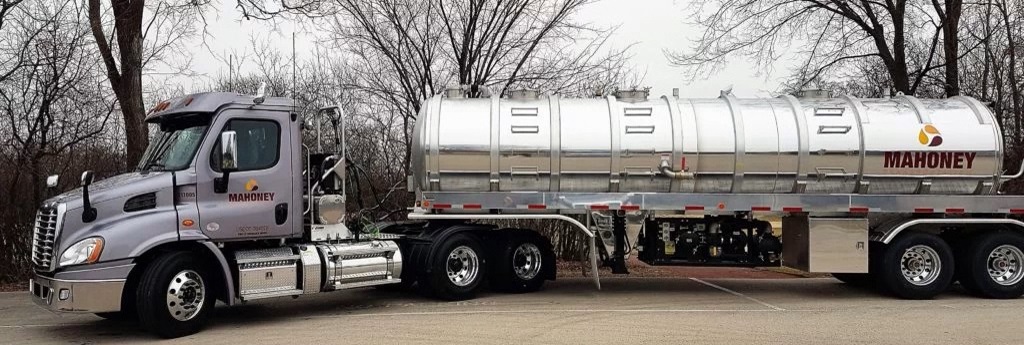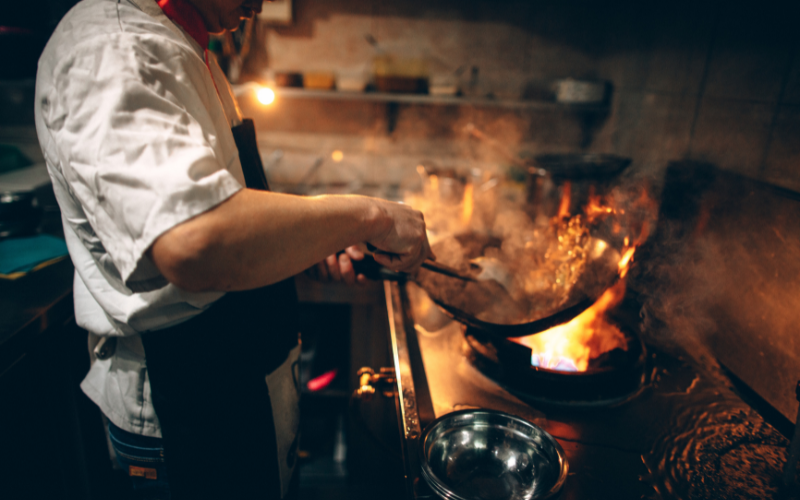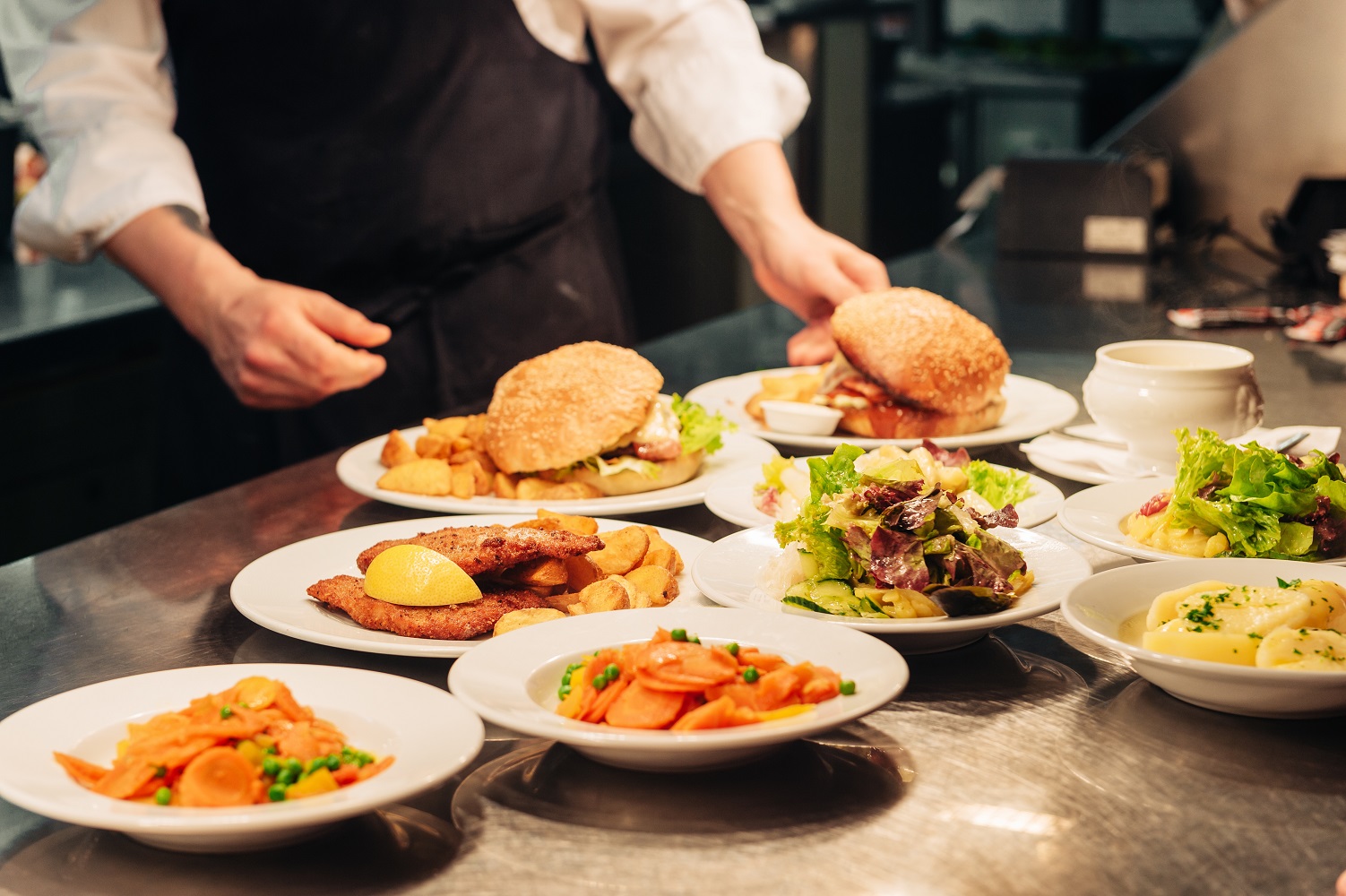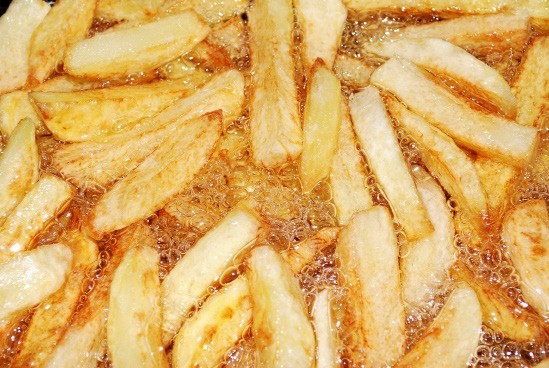Attendance at bars and restaurants has severely dwindled since the coronavirus pandemic upturned society. The percentage of diners had dropped 100 percent in March 2020. The health of patrons and staff is tantamount, making it critical that venues practice safety measures upon reopening.
The coronavirus outbreak has devastated the economic health of bars and restaurants. The estimated revenue loss in the hospitality industry within three months during the early part of 2020 is $255 billion. The broader economic impact of restaurant closures is $675 billion.
Clearly, the financial strength of the bar and restaurant scene relies on these venues staying open and serving customers. But patrons will not flock to bars and restaurants without feeling and staying safe. Following CDC guidelines helps keep these settings safe in the midst of the pandemic.
It is important to first recognize that the coronavirus is primarily transmitted through respiratory droplets shed through speaking, sneezing, and coughing. Due to the close proximity of diners and patrons inside restaurants and bars, the risk of infection is high.
Coronavirus infections also occur when people touch surfaces contaminated with SARS-CoV-2, the virus that causes Covid-19, and then touch their mouth, nose, or eyes. The virus travels through these openings and into these individuals’ respiratory systems, causing mild to severe illness.
As of date, in Illinois, dining operations in bars and restaurants may resume—albeit with limited seating capacity. Groups of up to 10 people are allowed. Seating must be spread out so six feet of distance separates tables. Standing areas with a maximum capacity of 25 percent are permitted.
Restaurant tables spaced out six feet apart helps prevent the spread of Covid-19. The risk of infection is reduced in restaurants that emphasize drive-through, takeout and delivery. Disease transmission is even further reduced by restaurants offering only curbside pickup, delivery or drive-through.
Inside the bars and restaurants, however, the CDC recommends safe practices, which include the following. These 10 recommendations supplement, but do not replace, state and local laws designed to protect consumers and employees from the current Covid-19 public health threat.
1. Stay Home
Employees who show symptoms of Covid-19, who have tested positive for the disease or who have been in close contact with an individual confirmed to have Covid-19 should be advised to stay home without fearing reprisal. Educate staff about when they may return to work.
2. Practice Hand Hygiene
Hand hygiene among restaurant and bar workers is critical. Urge staff to frequently wash their hands with soap and water for at least 20 seconds, especially before, during and after handling food or trash. Soap disables the virus by breaking down its lipid membrane.
3. Provide Supplies
Provide ample soap and water for employee use. If soap and water are unavailable, encourage the use of hand sanitizer containing at least 60 percent alcohol. Also make hand sanitizer pumps or dispensers readily available throughout the bar and restaurants vicinities.
In addition to ensuring adequate soap, water and hand sanitizer are available, provide paper towels, disinfectant wipes, tissues, and no-touch trash cans. If sufficient quantities are on hand, place hand sanitizer pumps on every patron table or throughout the venue for customer use.
4. Wear Face Masks
Face coverings are essential to preventing the spread of human respiratory droplets, especially when social distancing is difficult inside bars and restaurants. Cloth masks should be worn by all restaurant and bar staff. Face masks do not protect the wearer from infection but prevent transmission to others.
5. Post Signs
Bar and restaurant patrons might forget about safety practices while enjoying the camaraderie inside the venue. Post highly visible signs throughout the bar and restaurant to promote health and hygiene practices. Signs may remind patrons to wash their hands often or wear face coverings.
6. Clean and Disinfect
Staff should clean and disinfect high-touch surfaces as often as possible. At least once a day, employees should disinfect doorknobs, remotes, sink handles, bathroom stalls and cash registers. Shared objects, like countertops, receipt trays and condiment holders, should also be wiped down with a disinfectant.
7. Use EPA-approved Products
Using the right cleaning and disinfecting products is important. Use EPA-registered disinfectants that are proven to work against the coronavirus. Personnel should follow the product’s contact time (the number of minutes the product is visibly wet) in order for it to be effective.
8. Wash Soft Materials
Disposable food service items, like napkins, utensils, and tablecloths, are a more hygienic choice. If disposable goods are unavailable, require staff to launder the machine washable items at the warmest setting. Linens (tablecloths and napkins) should be changed after each customer use.
9. Use Touchless Payment Options
Hand-to-hand contact may be limited in restaurants and bars by asking that customers use touchless payment options. Or cash and credit cards may be placed on a receipt tray on the counter. Encourage customers to use their own pens, or staff should disinfect the pens after each use.
10. Install Barriers
Sneeze guards are plastic barriers that prevent respiratory droplets from spreading, especially in areas where it is difficult to maintain six feet of distance from others. Barriers are optimal at restaurant cash registers and kitchens. Install the sneeze guards at host stands and food pickup areas, too.

Restaurants and bars are reopening despite the coronavirus still running rampant. Diners and other patrons are eagerly returning, meaning cooking will resume and restaurant cooking oil will have to be collected. Depend on Mahoney Environmental for used cooking oil collection and recycling.
Mahoney Environmental provides a range of services that benefit the bar and restaurant industries. In addition to collecting used cooking oil, we provide commercial grease trap cleaning to ensure the traps work properly. We also design and install cooking oil equipment, including automated systems.
Our technicians’ priority is to collect used cooking oil and deliver fresh oil to restaurants and bars while abiding by the social distancing rules and face mask requirements. Mahoney Environmental is available to meet your restaurant’s cooking oil needs during the coronavirus pandemic and beyond.



 Call Us Now (800) 892-9392
Call Us Now (800) 892-9392